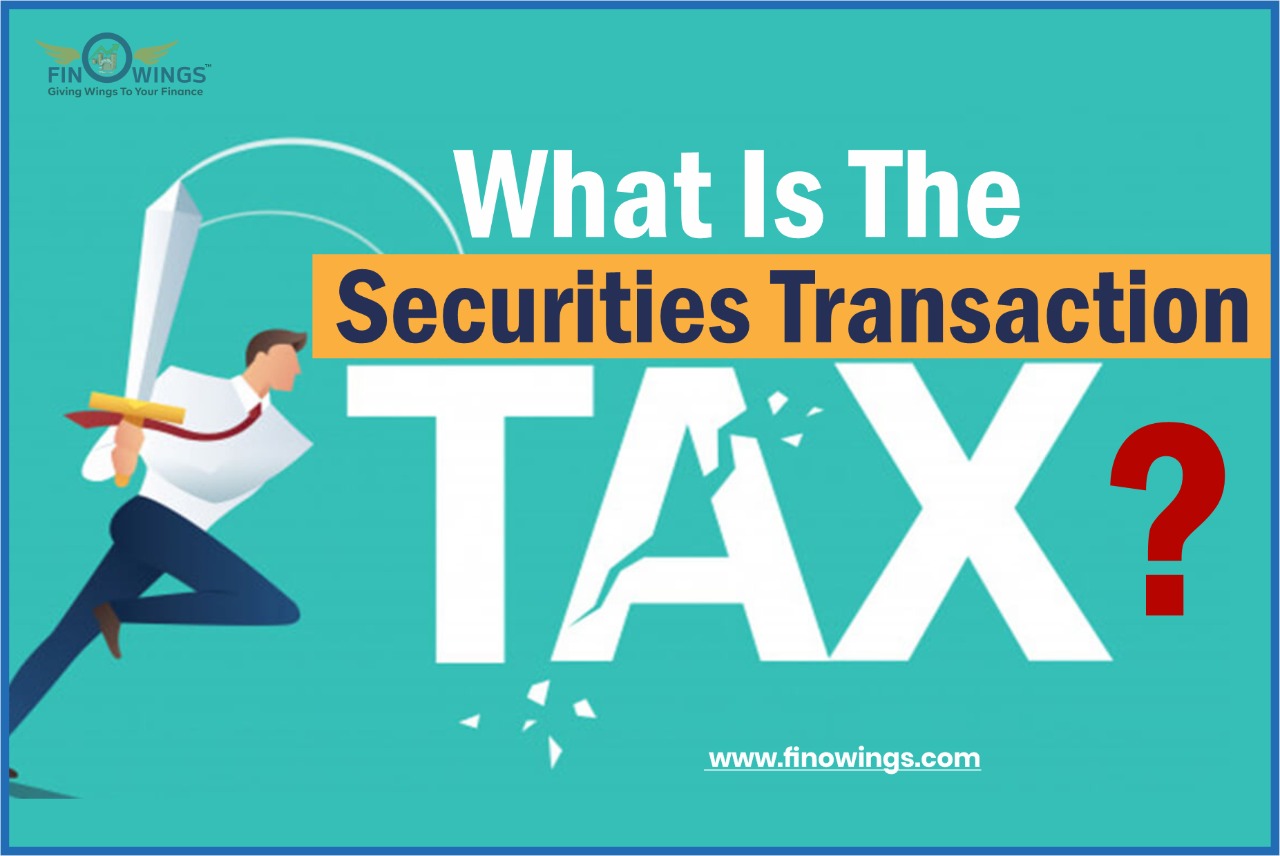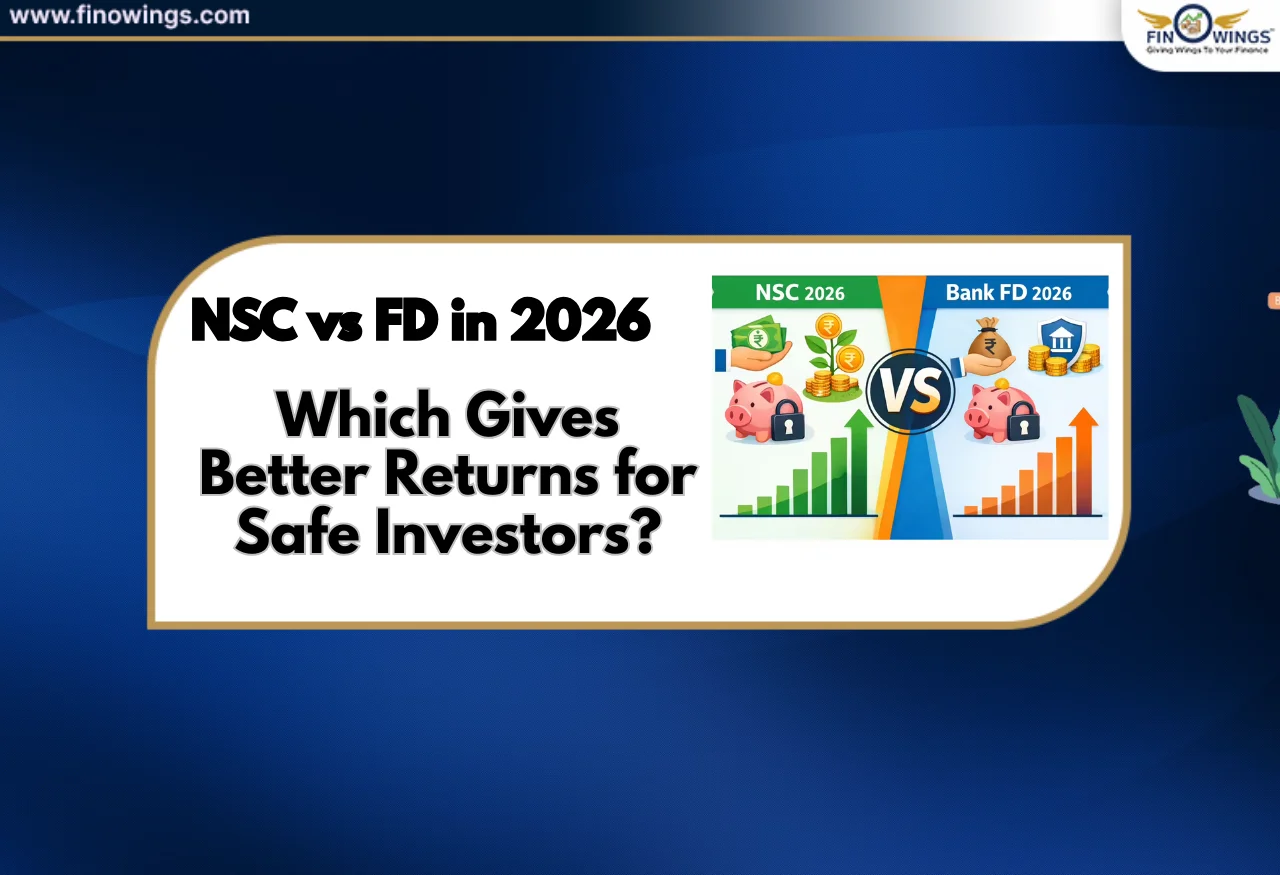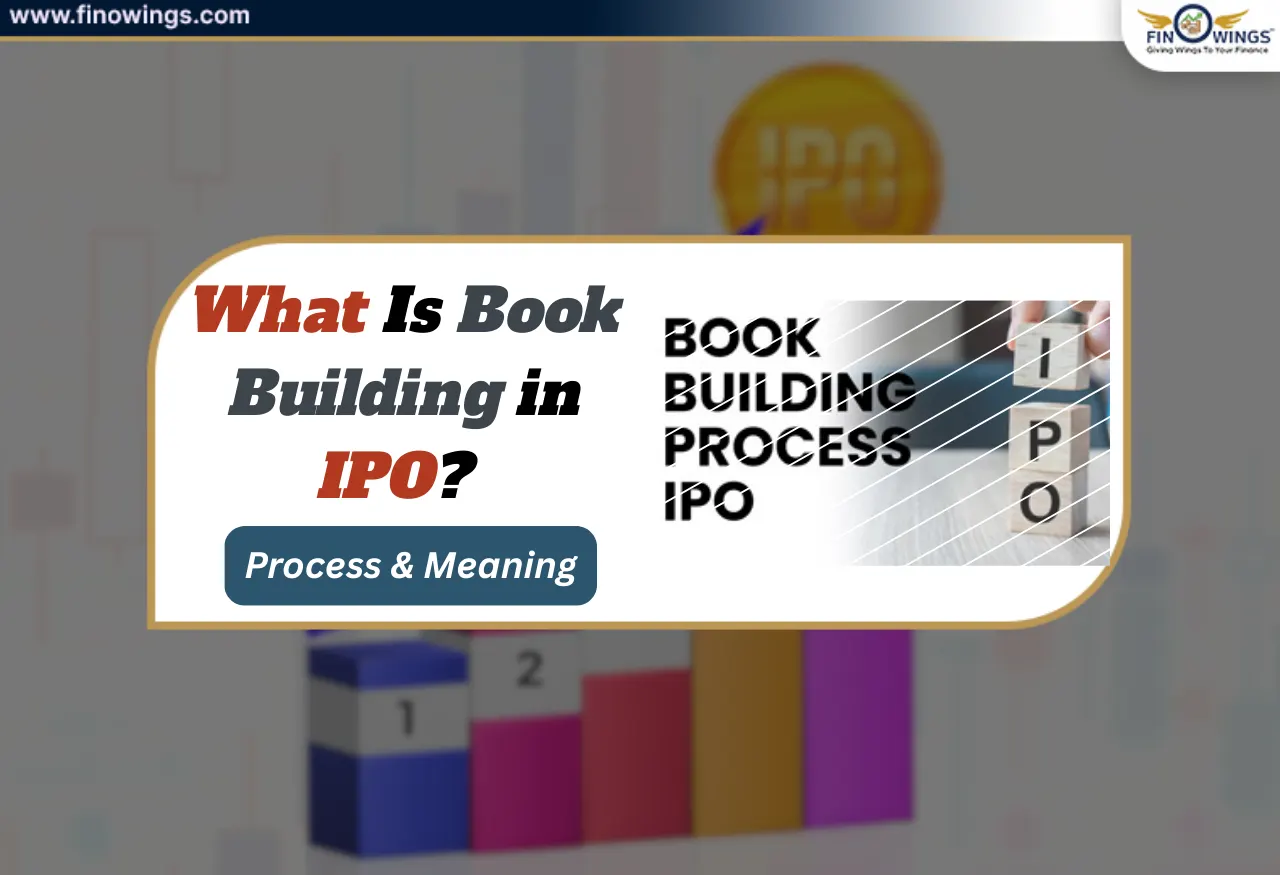Home >> Blog >> Taxing Times: Explore the Secrets of Securities Transaction Tax
Taxing Times: Explore the Secrets of Securities Transaction Tax

Table of Contents
- What is Securities Transaction Tax?
- Securities Transaction Tax Features
- Rate of Securities Transaction Tax in India
- How is the Securities Transaction Tax (STT) calculated?
- STT on Derivatives Physical Delivery
- Relevance of STT with Income Tax
- Securities Transaction Tax and Commodities Transaction Tax: Differences and Similarities
- In conclusion
Gains from securities, such as stocks, options, and futures, traded on the domestic stock exchange are subject to a securities transaction tax. The central government imposes and collects it as a direct tax.
The Securities Transaction Tax (STT) was proposed in 2004 by P. Chidambaram, a former finance minister. This tax was put in place for capital gains in order to stop tax evasion. The securities transaction tax is imposed on the value of securities, as suggested by the name (except commodities and currency). However, the government was compelled to reduce the STT tax rate in 2013 as a result of several brokers and trading community protests.
What is Securities Transaction Tax?
A tax on gains from securities is known as a securities transaction tax. This mostly comprises stocks, futures, and options. Different types of securities are taxed at varying rates. Essentially, STT can be viewed as a kind of tax imposed on transactions made on the local stock exchange. The central government of India levies and collects securities transaction tax, which is a direct tax.
The most notable aspect of a securities transaction tax is that it only applies to share transactions conducted through a legitimate domestic stock exchange. Therefore, share transactions that take place off-market are not covered by STT.
Securities Transaction Tax Features
STT is a direct tax that isn't difficult to compute or levy. The following is a summary of some of STT's most distinctive characteristics.
- All sell transactions for both options and futures are subject to the STT fee.
- Each future trade is valued at the actual price to calculate STT, whereas each option trade is valued at the premium.
- A clearing member's STT obligation equals all STT taxes owed by trading members below him.
Rate of Securities Transaction Tax in India
The tax rates for various securities are shown in the table below. The government determines the STT tax rate, which is based on the security's kind as well as whether the transaction is a sale or a buy. Along with all the benefits it provides for the transparent and prompt payment of tax on trading instruments, STT also makes sure that the influx of speculative money is minimized in every market.
This table can be further tuned to include information about the different types of securities and then show the associated tax rates. The table below provides more details on this.
Securities that are subject to STT
On a variety of transactions made on India's domestic stock exchanges, a securities transaction tax is imposed. The following transactions are those that are covered by the Securities Contract Act of 1956.
-
Any marketable security traded on the stock market, such as shares, bonds, and debentures.
-
Market derivatives trading
-
Units distributed to investors by any collective investment arrangement
-
Government securities with an equity-like character
-
rights or securities interests
-
Mutual funds that are based on equity trading
When is Securities Transaction Tax levied?
Every purchase and sale of equities listed on a domestic and recognized stock market is subject to a securities transaction tax. The government decides on the taxation rate. According to the STT statute, all stock market transactions involving equities or equity derivatives like futures and options are subject to taxation. As soon as a share transaction is finished, STT is billed. STT is hence quick, transparent, and efficient. Since the tax is collected as soon as the transaction occurs, the likelihood of non-payment, incorrect payment, etc., is drastically minimized. However, the end outcome of this is an increase in transaction costs.
How is the Securities Transaction Tax (STT) calculated?
Before we calculate the STT, we need to determine the average price:
Average Price = (Buy Qty*Buy Price) + (Sell Qty*Sell Price) / (Buy Qty+Sell Qty)
For instance, you bought the 500 stocks of the company at Rs. 100 and sold the 500 stocks at Rs. 105, and you then bought 200 shares again at Rs. 110.
In this case, Average Price = [First Buy (500*100) + Second Buy (200*110) + Sell (500*105)] / [First Buy (500) + Second Buy (200) + Sell (500)] = (50000 + 22000 + 52500)/1200 = 103.75.
Now, STT for the intraday trades will be charged @ 0.025% on only the sell side, i.e., 500*103.75*0.025% = 12.969. On the other hand, STT for the delivery transaction will be charged @ 0.1% on both the buy and sell = 200*103.75*0.1% = 20.75.
STT on Derivatives Physical Delivery
Similar to STT on equity share transactions, physical delivery of derivatives will be subject to STT. The Central Board of Direct Taxes (CBDT) made this announcement after the Bombay High Court received a complaint against it.
Cash is used to settle derivatives transactions in India. This means that instead of receiving stock deliveries, both parties will instead get cash payments for their earnings. A security transaction tax of 0.001% is charged since it takes place on the stock exchange.
A SEBI circular from 2018 listed 46 stocks whose derivative transactions would be completed through the actual delivery of shares in exchange for money. The exchange charged 0.1% STT and classified them as stock transactions. In comparison to cash settlement transactions, this is five times higher.
The Indian National Exchange Members Association brought this issue before the Bombay High Court. The Association of National Exchange Members of India (ANMI) filed a petition protesting stock exchanges.
The court asked the Central Board of Direct Taxes (CBDT) to make the same recommendation. The derivatives transaction is settled through the actual delivery of shares, according to the CBDT. Similar to equity share transactions, these transactions must be treated fairly. Derivatives trades will now be subject to the same 0.1% STT as equities transactions.
Relevance of STT with Income Tax
All stock market transactions, regardless of their form, are subject to the Securities Transaction Tax (STT). However, depending on the nature of the transaction, different STT taxes are treated differently for income tax purposes. In trading, there are two different kinds of transactions: those done for business purposes and those done for investments.
Profits from trading are considered capital gains if the goal is to make investments. The holding time of the investment will determine how these gains are taxed. The income from equities trading, however, is considered differently and taxed according to individual income tax slabs if it is done to make money for a corporation. In each of the circumstances, the security transaction tax is handled differently.
Income from Capital Gains from Investing
When employees or self-employed persons trade securities to make short- or long-term investments, a security transaction tax is applied to those transactions. The gains from these investments will be divided into short-term and long-term categories based on the investment's holding time. According to the rules, both short-term and long-term capital gains are taxable. In addition, any short-term capital gain is subject to income tax at a rate of 15% for equity securities and the tax slab rate for debt instruments, respectively.
A 20% long-term capital gain tax is applied, with debt securities receiving an indexation benefit. If gains exceed INR 1 lakh, there is a 10% long-term capital gains tax (LTCG).
Earnings from Trading as a Profession (Business Income)
The gains and losses will be regarded as business income if an individual or a corporation trades stocks to earn revenue. The transitions that are made are subject to the security transaction tax. These transactions' income will be regarded as business income and subject to income tax regulations. Under Section 36 of the Income Tax Act, the STT tax paid on the transactions may be deducted when submitting income tax returns. STT tax is now considered a business expense.
Securities Transaction Tax and Commodities Transaction Tax: Differences and Similarities
To increase the center's resources, the STT and CTT were both implemented. However, there are still some distinctions between the two. These two taxes' distinctions from one another are as follows:
-
STT is a tax placed on the purchase and sale of securities, whereas CTT is a tax imposed on derivatives of non-agricultural commodities that are traded on an exchange.
-
STT will be assessed at a rate ranging from 0.1% to 0.25% of the value of stock market transactions, while CTT will be assessed at a rate of 0.01% of the price of trades on non-agricultural commodities.
-
STT was introduced to ensure that tax evasion was minimized, whereas CTT's principal goal is to prevent speculation in the prices of particular commodities.
In conclusion
The Securities Transaction Tax (STT) is a direct tax imposed by the central government of India on gains from securities traded on the domestic stock exchange. It was first proposed in 2004 as a way to stop tax evasion and applies to transactions involving stocks, options, and futures. The tax rate for different types of securities may vary, and the government has the power to change the rate. STT is only applicable to transactions conducted through a legitimate domestic stock exchange and is not applied to off-market transactions. The tax is easy to compute and levy, and it is collected at the time of the transaction, making it transparent and efficient. However, it also increases transaction costs.
















